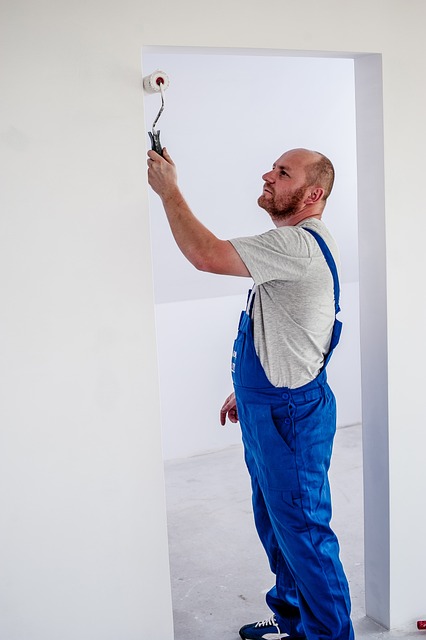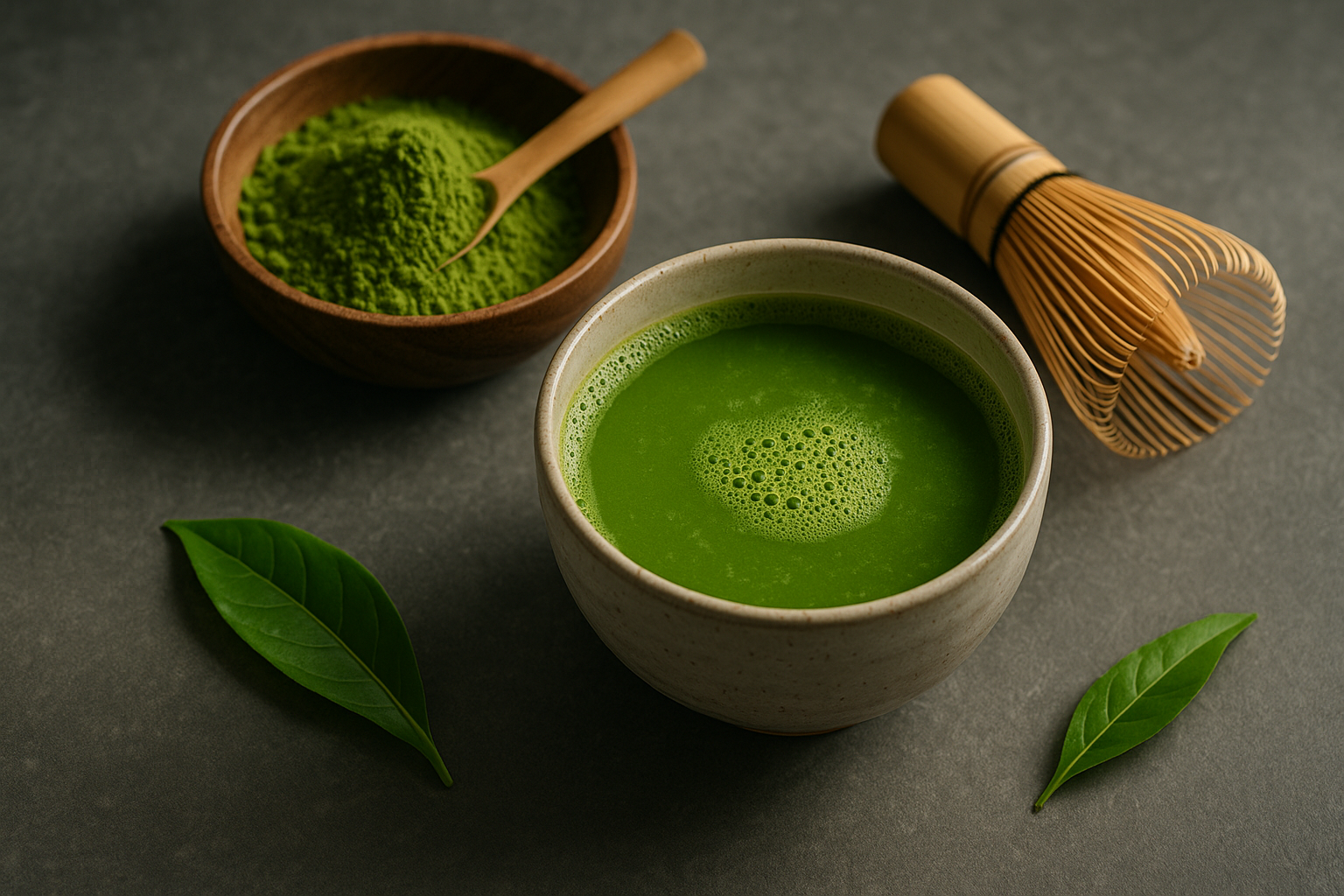The Complete Guide to Professional Painting Jobs
The painting industry offers numerous opportunities for skilled professionals who understand the intricacies of delivering quality results. From precise preparation to final touches, successful painting jobs require careful planning, technical knowledge, and attention to detail. This comprehensive guide explores the essential aspects of professional painting, from initial estimates to project completion, helping both newcomers and experienced painters enhance their expertise.

What skills are essential for professional painting jobs?
To excel in professional painting jobs, several key skills are crucial. First and foremost, attention to detail is paramount. Painters must be able to create smooth, even surfaces and clean lines. Color perception and knowledge of paint properties are also vital, as different paints react differently to various surfaces and environmental conditions. Physical stamina and dexterity are important, as painting often involves long hours of standing, climbing ladders, and maintaining steady hands for precision work. Additionally, time management and organizational skills are necessary to complete projects efficiently and meet deadlines.
How can you start getting painting jobs as a beginner?
For those new to the painting industry, getting started can seem daunting. However, there are several strategies to begin landing painting jobs. Start by building a portfolio of your work, even if it’s from personal projects or helping friends and family. Offer competitive rates to attract initial clients and gain experience. Utilize online platforms and social media to showcase your work and reach potential customers. Networking with local contractors, real estate agents, and property managers can also lead to job opportunities. Consider apprenticing with an experienced painter to learn the trade and make industry connections.
What are the differences between interior and exterior painting jobs?
Interior and exterior painting jobs each come with their own set of challenges and requirements. Interior painting typically involves working in controlled environments, focusing on aesthetics and durability for daily use. It often requires more detailed work, such as cutting in around trim and working in tight spaces. Exterior painting jobs, on the other hand, demand consideration of weather conditions, surface preparation for outdoor elements, and sometimes working at heights. Exterior paints are formulated to withstand harsh conditions, while interior paints prioritize appearance and easy cleaning.
How can you find reliable painting jobs in your area?
Finding reliable painting jobs requires a multi-faceted approach. Start by registering your business on local directories and review sites to increase visibility. Develop relationships with local hardware stores and paint suppliers, as they often receive inquiries for painting services. Join professional associations or trade groups to network and access job listings. Create a user-friendly website optimized for local search terms to attract clients searching online. Consider partnering with home renovation companies or general contractors to secure steady work. Encourage satisfied clients to leave reviews and refer your services to others.
What equipment is needed for professional painting jobs?
Professional painting jobs require a range of equipment to ensure high-quality results. Essential tools include various sizes of brushes and rollers for different surfaces and textures. A sturdy ladder or scaffolding is necessary for reaching high areas safely. Painters should invest in quality drop cloths to protect surfaces and a variety of tapes for clean lines and edges. Sprayers can be valuable for large exterior jobs or textured surfaces. Personal protective equipment such as respirators, safety glasses, and gloves are crucial for health and safety. Additionally, tools for surface preparation like scrapers, sanders, and pressure washers are important for achieving a professional finish.
How much can you earn from professional painting jobs?
Professional painting jobs can offer a range of income potential depending on factors such as experience, location, and type of work. Entry-level painters may start at around $20 to $25 per hour, while experienced professionals can earn $30 to $50 or more per hour. Self-employed painters have the potential to earn higher rates but must also consider business expenses and fluctuations in work availability.
| Job Type | Experience Level | Estimated Hourly Rate |
|---|---|---|
| Interior Residential | Entry-Level | $20 - $30 |
| Interior Residential | Experienced | $30 - $45 |
| Exterior Residential | Entry-Level | $25 - $35 |
| Exterior Residential | Experienced | $35 - $50 |
| Commercial Painting | Entry-Level | $25 - $40 |
| Commercial Painting | Experienced | $40 - $60+ |
Prices, rates, or cost estimates mentioned in this article are based on the latest available information but may change over time. Independent research is advised before making financial decisions.
In conclusion, professional painting jobs offer a rewarding career path for those with the right skills and dedication. Whether focusing on interior or exterior projects, success in this field requires a combination of technical expertise, business acumen, and customer service skills. By continuously improving your craft, building a strong reputation, and adapting to industry trends, you can establish a thriving career in the painting industry. Remember that ongoing learning and adherence to safety standards are key to long-term success in this dynamic field.




